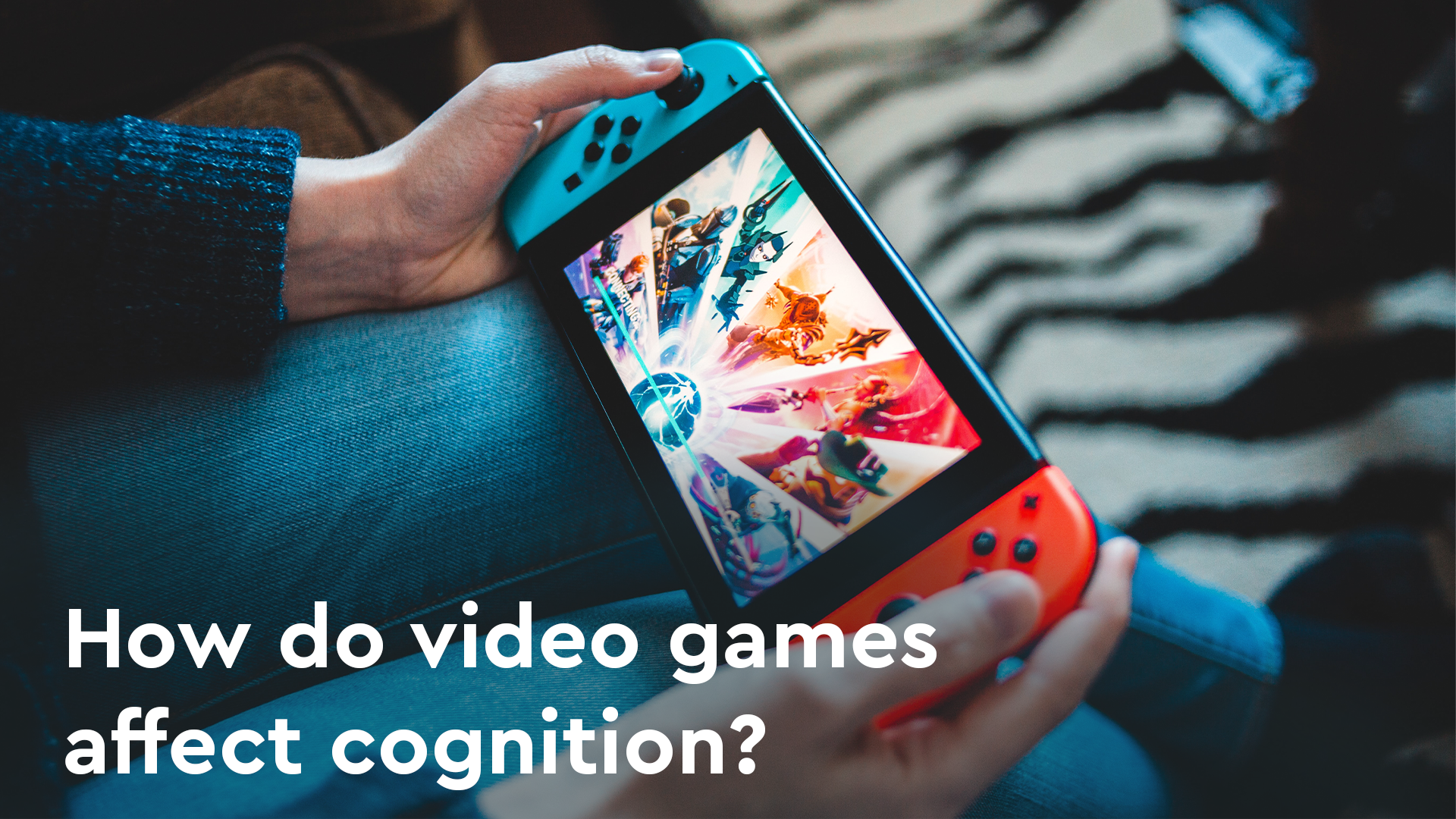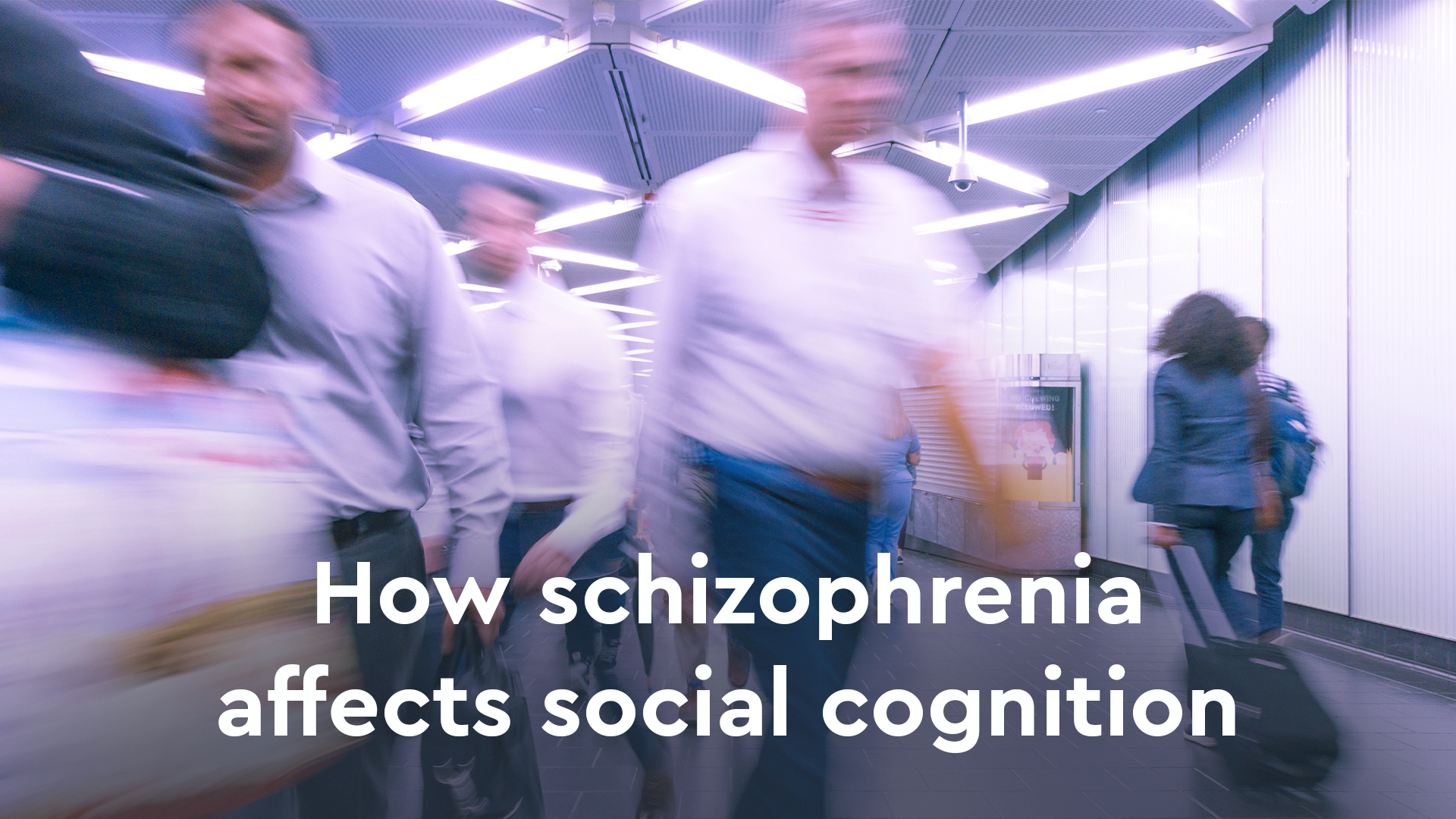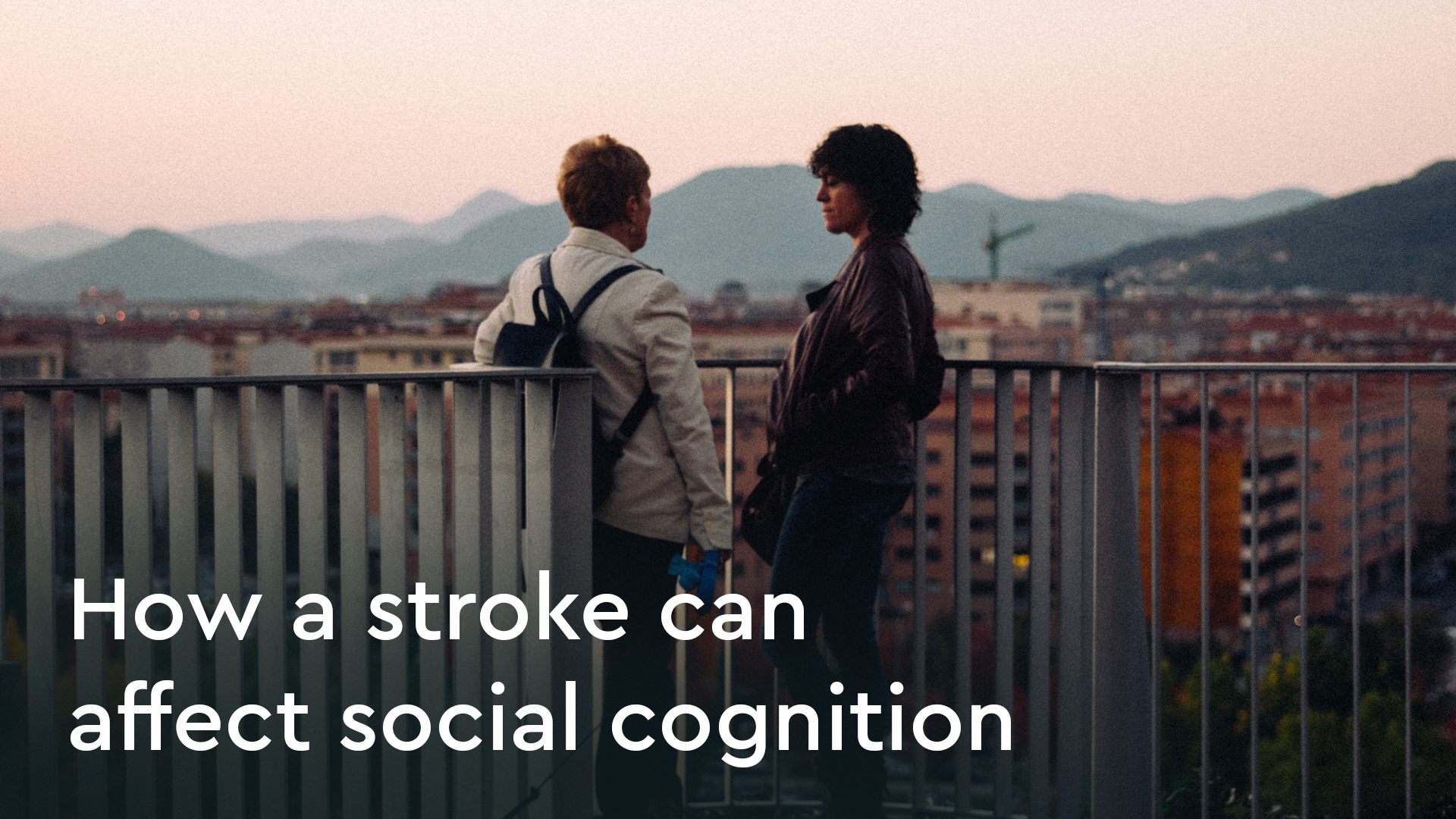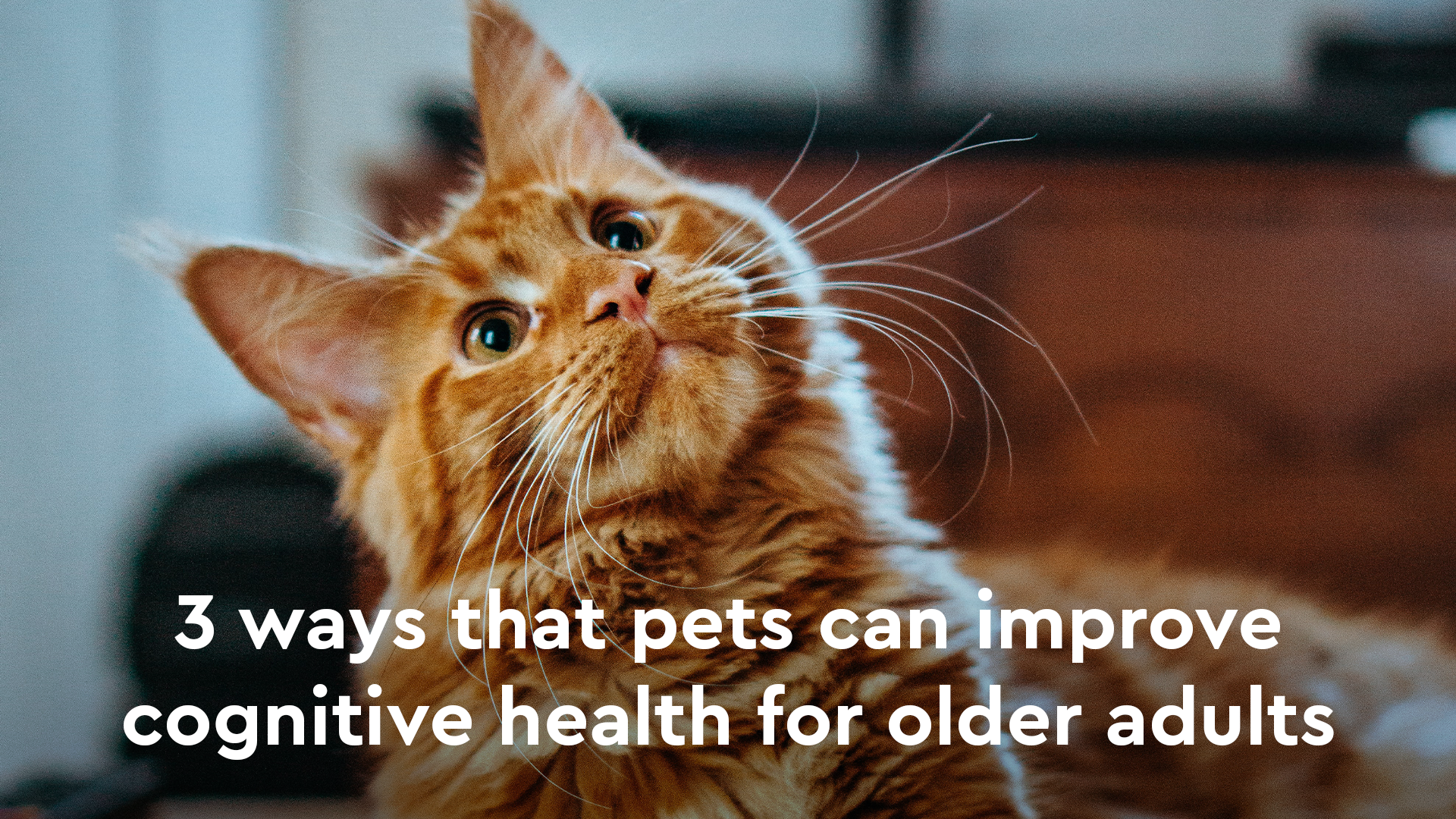24 Feb How do video games affect cognition?
With the ever-growing popularity of video games, there have been concerns about how they affect cognition, particularly for children and teens. Some primary concerns are whether video games may cause behavioral issues such as increased...











